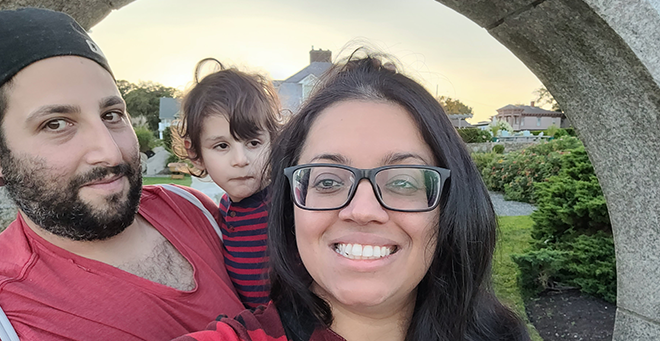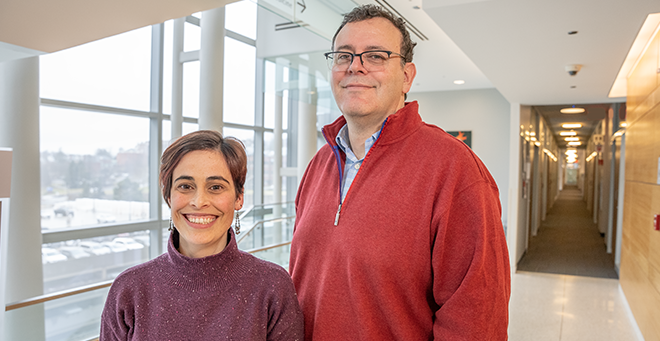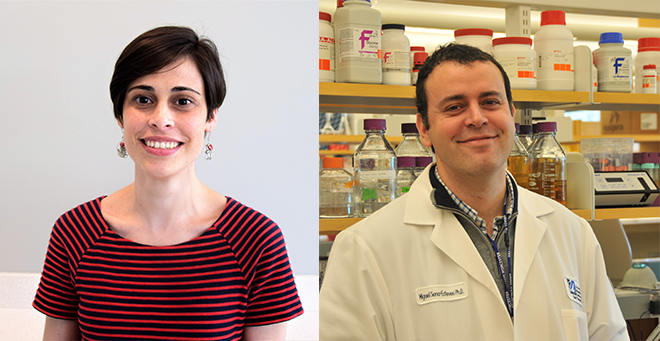
UMass Chan Medical School has received $2.2 million from a nonprofit patient-advocacy organization to contract with Ohio-based Andelyn Biosciences, a contract development and manufacturing organization with extensive experience in gene therapy, to manufacture clinical grade AAV9-CSA vector to treat Cockayne syndrome.
The gift from Riaan Research Initiative brings the start of clinical trials for the fatal autosomal recessive disorder one step closer.
Riaan Research Initiative’s historic contribution is the largest known donation ever made toward the development of a treatment for Cockayne syndrome, according to Riaan Research Initiative.
Cockayne syndrome primarily causes mutations in genes CSA (ERCC8) and CSB (ERCC6) and leads to a failure in DNA transcription and repair processes. Impacted children often present with significant growth failure, microcephaly, vision and hearing problems, and global developmental delays. Children with the most severe form of Cockayne syndrome have a life expectancy of five to seven years. There are no approved treatments.
“We’re thrilled to move on to the next step of this years-long partnership with UMass Chan and are eternally grateful to our donors who have opened the doors to a better world,” said Jo Kaur, founder of Riaan Research Initiative and mother of Riaan, a 4-year-old boy diagnosed with Cockayne syndrome and the inspiration behind the research. “We have strong evidence of the treatment’s success in the preclinical phase and look forward to our collaborators manufacturing a potentially life-saving drug that can actually be given to our children.”
UMass Chan and Riaan Research Initiative launched this collaboration in 2021 when the organization funded the preclinical phase of this groundbreaking program. Now that research led by Miguel Sena-Esteves, PhD, associate professor of neurology and director of the Translational Institute for Molecular Therapeutics, and Rita Batista, PhD, instructor in neurology, has demonstrated the AAV9-CSA vector efficacy in an animal model, the team is ready to move forward with toxicology studies and clinical manufacturing.
Andelyn Biosciences has been selected to manufacture the plasmids and use its AAV Curator Suspension Platform to industrialize the process, performing analytical development and process optimization, followed by toxicology manufacturing and GMP (good manufacturing practice) production.
Earlier this year, the UMass Chan research team and Riaan Research Initiative received favorable feedback from the U.S. Food and Drug Administration on their pre-Investigational New Drug submission with plans for toxicology studies and manufacturing.
“Riaan Research Initiative has been an amazing partner in our journey to develop an AAV9 gene therapy for Cockayne syndrome,” Dr. Sena-Esteves said. “Our dream of making a difference for Cockayne patients is coming closer every day, and signing the contract with Andelyn Biosciences to make the clinical material is a major step in that direction. Developing a gene therapy for fatal pediatric neurological diseases is challenging in many ways, but together with Riaan Research Initiative we have an outstanding team to bring our program to a first-in-human gene therapy clinical trial for Cockayne syndrome”.

